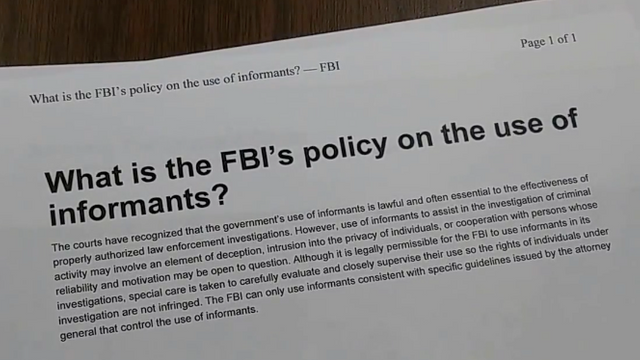Gimmick Infringement, Everybody Does It - TY's into a Grand Plan. | Has Frank Bacon Infiltrated YouTube?
Gimmick infringement. In basic terms, gimmick infringement is when someone “borrows,” or directly steals an idea or concept from someone else and passes it off as their own. Everybody does it in one way or another. Almost nothing in this world is original. It’s all been done before in some form or fashion. In the world of FRANK BACON, often times the very best stuff is “borrowed” from someone or something else.

In the 1970s, “Superstar” FRANK BACON was a fresh act. It was a cool gimmick that seemed revolutionary for its’ time. When you get right down to it, BACON jacked his entire style from Mr. T. When you listen to his promos, not only was his style a direct carbon-copy, but some of his actual catchphrases were directly taken from T. BACON himself will admit that even the name “Superstar” was taken from the rock opera, “Jesus Christ Superstar.”
Fast-forward to the 1980s.
In the ring, @hoaxwars and “HOAXamania” was sweeping the nation. Behind-the-mic, Nathan “The FACE” Stolpman was setting a new standard for color commentary in professional YouTubing. Both guys were clear rip-offs of BACON’s. Hell, they’ve gone on record and basically admitted that they stole a lot of their style from the “Superstar.”
By Staff -February 8, 2014
Social proof
From Wikipedia, the free encyclopedia
Social proof (also known as informational social influence) is a psychological and social phenomenon where people assume the actions of others in an attempt to reflect correct behavior in a given situation. Social proof is considered prominent in ambiguous social situations where people are unable to determine the appropriate mode of behavior, and is driven by the assumption that the surrounding people possess more knowledge about the current situation.

The effects of social influence can be seen in the tendency of large groups to conform to choices which are either correct or mistaken. This is referred to in some publications as the herd behavior. Although social proof reflects a rational motive to take into account the information possessed by others, formal analysis shows that it can cause people to converge too quickly upon a single distinct choice, so that decisions of even larger groups of individuals may be grounded in very little information (see information cascades).

Social proof is one type of conformity. When a person is in a situation where they are unsure of the correct way to behave, they will often look to others for clues concerning the correct behavior. When "we conform because we believe that others' interpretation of an ambiguous situation is more accurate than ours and will help us choose an appropriate course of action", it is informational social influence. This is contrasted with normative social influence wherein a person conforms to be liked or accepted by others.

Social proof often leads not only to public compliance (conforming to the behavior of others publicly without necessarily believing it is correct) but also private acceptance (conforming out of a genuine belief that others are correct). Social proof is more powerful when being accurate is more important and when others are perceived as especially knowledgeable.
Great it boss
Posted using Partiko Android